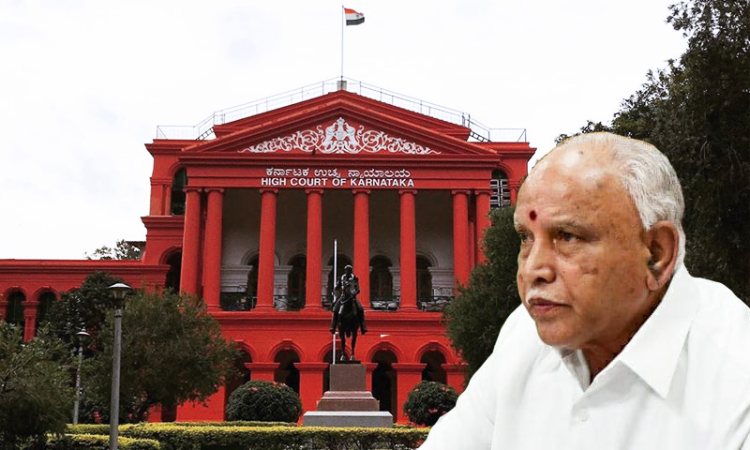Karnataka High Court Restores Bribery Complaint Against Former CM Yediyurappa
Mustafa Plumber
8 Sept 2022 2:34 PM IST

Next Story
8 Sept 2022 2:34 PM IST
The Karnataka High Court has restored a bribery complaint filed against former Chief Minister B.S. Yediyurappa, his son B.Y. Vijayendra and others alleging offences under Prevention of Corruption Act. A single judge bench of Justice S Sunil Dutt Yadav partly allowed the petition filed by complainant Abraham T.J. and set aside the order dated July 8, 2021 passed by the Special Court set up...
